North Korea’s planned rocket launch raises missile concerns
2 min read North Korea said Friday it would launch an observation satellite in April , a news report said, amid international concerns that the move could be a test of ballistic missile technology.
North Korea said Friday it would launch an observation satellite in April , a news report said, amid international concerns that the move could be a test of ballistic missile technology.
The Kwangmyongsong-3, borne by the Unha-3 carrier rocket, was to be launched between April 12 and 16 to mark the centenary of the birth of North Korea's founder Kim Il Sung on April 15.
The move would 'offer an important occasion of putting the country's technology of space use for peaceful purposes on a higher stage,' a spokesman for the North Korean Committee for Space Technology was quoted as saying by Pyongyang's official news agency KCNA.
The 'polar-orbiting, Earth-observation satellite will be blasted off southward from the Sohae Satellite Launching Station' in the eastern province of North Pyongan, which lies on the Chinese border and Yellow Sea, the spokesman said.
The South Korean Foreign Ministry issued a statement expressing 'grave concern' over the planned launch, which it said would be a 'clear violation of the United Nations Security Council resolution 1874 which bans 'any launch using ballistic missile technology'.'
Seoul said it would 'closely cooperate' with the United States, China, Russia and Japan - the other members of stalled six-way talks over North Korea's nuclear weapons programme - 'so that North Korea ceases such a provocative action.'
Pyongyang denied any military aspect to the launch.
'The DPRK will strictly abide by relevant international regulations and usage concerning the launch of scientific and technological satellites for peaceful purposes,' the spokesman was quoted as saying.
Previous launches of multi-stage rockets by North Korea in 1998 and 2009, which Pyongyang said aimed to put satellites into orbit, were condemned as potential tests of military ballistic technology by the United States, South Korea and Japan.
Pyongyang agreed on February 29 to stop several activities relating to its nuclear weapons programme, including long-range missile tests, as part of a deal with the United States in exchange for 240,000 tons of food aid.
The deal, under which Pyongyang was also to stop the enrichment of uranium at a major nuclear facility and permit visits by nuclear inspectors, had raised hopes of a possible resumption of six-nation talks on North Korean's nuclear weapons programme, which have been stalled since late 2008.
They achieved an agreement in 2005 in which North Korea was to dismantle its nuclear programme, but the reclusive communist state has since carried out two nuclear tests in addition to the long-range missile launches.
The UN Security Council passed Resolution 1874 in June 2009 in response to the tests.






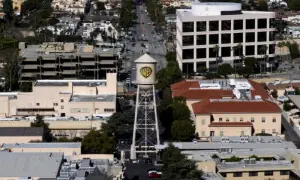








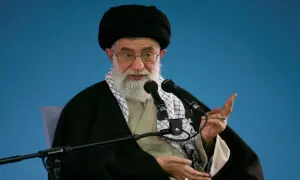
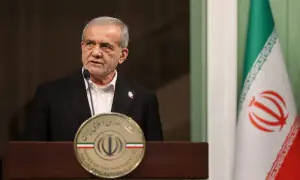
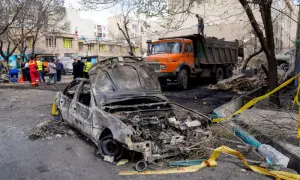
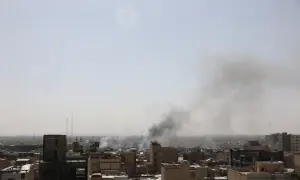

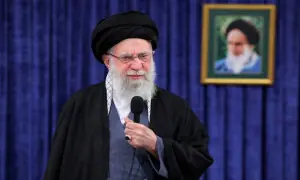
Comments are closed on this story.